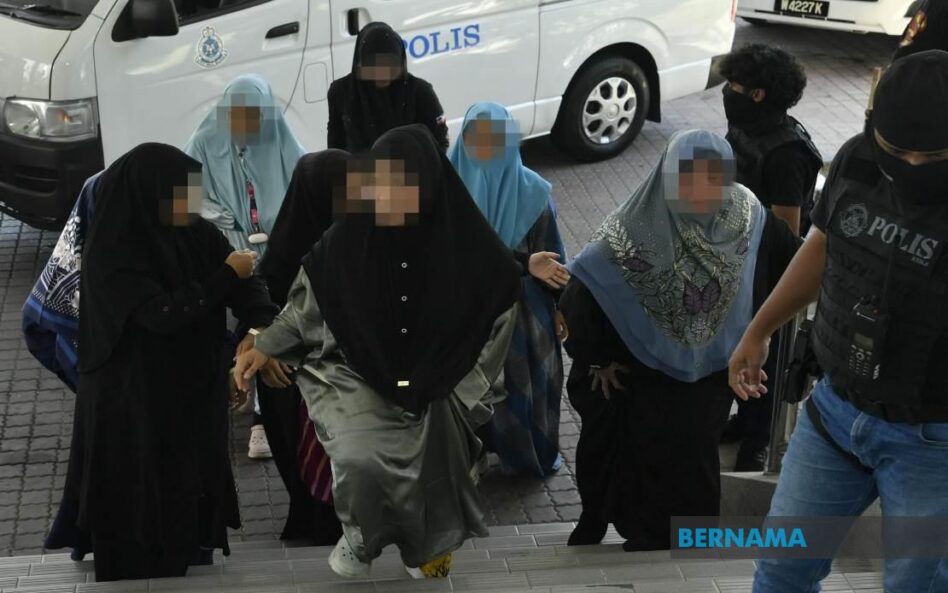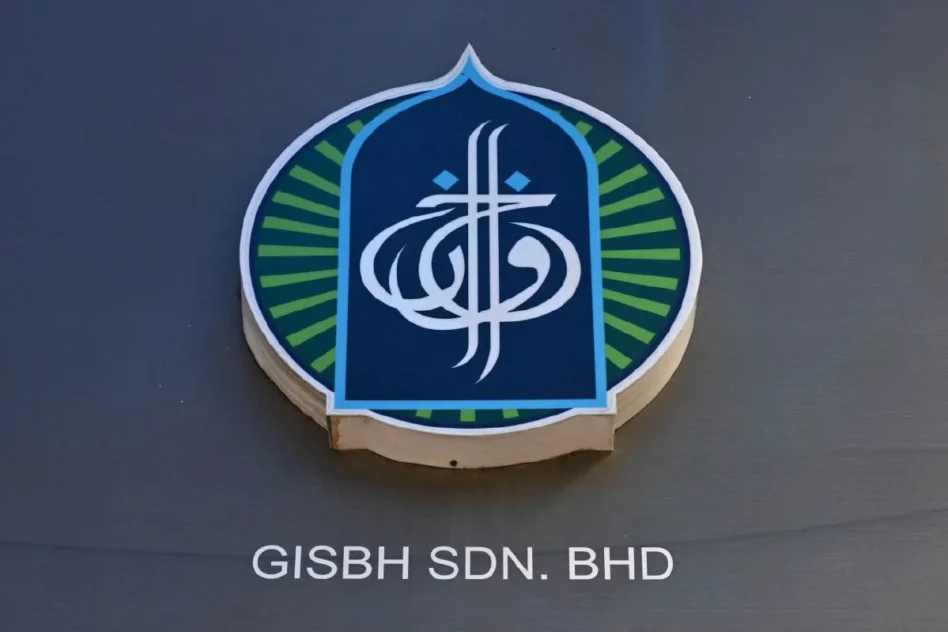
AT THE intersection of religion and commerce, the Global Ikhwan group in Malaysia stands as a controversial example of how Islamic values can be manipulated for financial gain.
Emerging from the remnants of the Al-Arqam movement that was banned in 1994, Global Ikhwan presents itself as a socially responsible enterprise grounded in Islamic principles.
However, behind this facade lies a troubling reality: the exploitation of religious identity for commercial gain, with particular emphasis on coercive practices such as forced polygamy among young girls, neglecting the rights of children and labourers.
The mask of religion in business
Since 2012, Global Ikhwan has strategically positioned itself as a champion of Muslim businesses, operating across multiple sectors, including education, healthcare, food services, and agriculture.
The group emphasises Islamic teachings of self-reliance, community solidarity, and spiritual purity to attract both Muslim consumers and followers.
However, this use of Islamic values is often superficial, serving primarily as a marketing tool to build trust and legitimacy within the Muslim community rather than genuinely upholding these values.
Former members and critics have revealed how the group’s true focus is not on social welfare or community building, but rather on profit maximisation and the consolidation of power among its leaders, all cloaked under the guise of religious piety.
By cloaking their business operations in Islamic rhetoric, the group successfully deceives the public, making it difficult for consumers, followers, and regulators to see through the religious image they project.
Forced polygamy: Exploiting religious identity
One of the most egregious practices linked to Global Ikhwan is the coercion of young girls into polygamous marriages, which they claim as a religious duty.
Personal testimonies shared on platforms like YouTube shed light on the group’s internal dynamics.
In a video titled “Life Inside Global Ikhwan”, a former follower recounts how girls as young as 16 were pressured into marrying much older men, with little regard for their consent or welfare.
This practice, justified by the group using religious doctrines, is a clear example of how Global Ikhwan exploits Islam for control and profit.
By manipulating religious teachings, the group maintains strict control over its members, particularly young women, who are coerced into following its version of Islamic piety.
This not only erodes their autonomy but also subjects them to economic and emotional dependency, as their livelihoods become tied to the success of the group’s business ventures.

Exploiting the vulnerability of followers
One of the most damaging aspects of Global Ikhwan’s business model is the exploitation of its followers, many of whom find themselves trapped in a vicious cycle of dependency.
Through religious rhetoric, the group convinces members to work for little pay or even volunteer in its businesses, framing their contributions as acts of faith.
These members are often led to believe that by participating and donating their money, they are fulfilling religious obligations and contributing to the community’s spiritual welfare.
However, for many members, leaving the group or challenging its practices is nearly impossible.
They are financially, emotionally, and spiritually dependent on the organisation, which uses its religious authority to maintain control over their lives.
The coercion is particularly evident in the practice of forced polygamy, where young girls are trapped in marriages that benefit the group’s male leaders.
With limited autonomy and no clear way out, members of Global Ikhwan remain stuck in a cycle of exploitation, unable to escape the group’s grip without facing significant personal, social, and spiritual repercussions. This vicious cycle reinforces the group’s power and ensures the continued exploitation of its followers for labour and financial gain.
Public perception and government response
The public image of Global Ikhwan as a faith-driven social enterprise has shielded it from significant scrutiny. Many of its business ventures, such as providing accommodation for so-called orphans (who are not actually orphaned), are perceived as legitimate.
Its religious branding appeals to Muslim consumers who may be unaware of the group’s underlying motives.
However, revelations from former members and social media platforms like YouTube have begun to expose the truth about Global Ikhwan’s exploitation of Islamic values for financial gain.
The Malaysian government has long been wary of the group, particularly because of its ties to the banned Al-Arqam movement.
While the government has taken steps to monitor Global Ikhwan’s activities, the group’s ability to blend religious obligations with business operations makes it difficult to fully regulate.
The use of Islamic identity as a shield for its business practices allows the group to evade much of the scrutiny typically directed at religious or cult-like organisations.

Conclusion
To protect the integrity of Islamic business ethics and social enterprises, greater transparency and stronger regulatory oversight are urgently needed.
It is essential to ensure that those who claim to operate based on Islamic values are held accountable for their actions, especially when vulnerable individuals are exploited in the name of Islam.
Global Ikhwan’s exploitation of Islamic values through its business operations serves as a stark reminder of how religious identity can be manipulated for profit.
By presenting itself as a faith-driven enterprise, the group has built a facade of piety that hides its true motives of control and financial gain.
It is important to acknowledge the efforts of the Malaysian authorities, particularly the police, in taking decisive action against Global Ikhwan and its questionable practices.
Despite the group’s attempts to mask its true intentions under the guise of religious and social enterprises, the police and government agencies have remained vigilant, monitoring their activities closely.
Their work, alongside the contributions of former members and whistle-blowers who have bravely come forward, has helped expose the exploitation and abuse within the organisation.
By acting swiftly to dismantle harmful practices such as forced polygamy and labour exploitation, law enforcement has played a vital role in protecting vulnerable individuals and upholding justice.
Their ongoing commitment to ensuring that those who manipulate religion for profit are held accountable is commendable and critical in safeguarding the integrity of the community.
Dr Azian Madun is a Senior Lecturer at the Department of Syariah and Management, Academy of Islamic Studies, Universiti Malaya.
The views expressed are solely of the author and do not necessarily reflect those of MMKtT.
- Focus Malaysia.



No comments:
Post a Comment
Note: Only a member of this blog may post a comment.